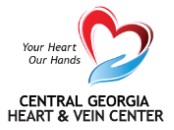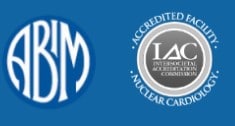Hyperlipidemia is Cardiology speak for too many lipids in your bloodstream. This generally happens when your HDL (or good cholesterol) doesn’t remove plaque causing issues and blockages in the body. This can lead to increased chances of stroke and heart disease in many patients.
Symptoms
Hyperlipidemia doesn’t always present with symptoms. Elevated lipids alone do not usually cause pain or other irritants. Symptoms arise when hyperlipidemia reaches atherosclerosis. Then symptoms can include angina and heart attacks, stroke symptoms, and pain during walking.
The Cause
Hyperlipidemia is often the result of a sedentary lifestyle and high fat eating habits. It can also be triggered by genetics as a result of mutated LDL genes.
How to Treat Hyperlipidemia?
Treatment for hyperlipidemia is determined by your current health status. Looking at your lifestyle is the very first step in the process to lowering your cholesterol. Many cardiologists prescribe medication mixed with diet changes and exercise. However, the truth is that no medication can take precedent over a healthier lifestyle.
If you are diagnosed with high cholesterol, it’s extremely important to seek out a general cardiologist quickly. Because each condition can have a different effect on different people, speaking to a professional can help prevent the risk of complications.
Can you “fix” hyperlipidemia?
Cholesterol levels can be lowered after extended period of improved lifestyle. Once improvements are seen, the diet and lifestyle changes must be maintained to keep cholesterol levels from once again raising out of a normal level.
How can you prevent it?
Make healthy choices. Regular aerobic exercises and a low fat diet are your first steps to preventing hyperlipidemia. Focus on maintaining a normal BMI and healthy body weight.





